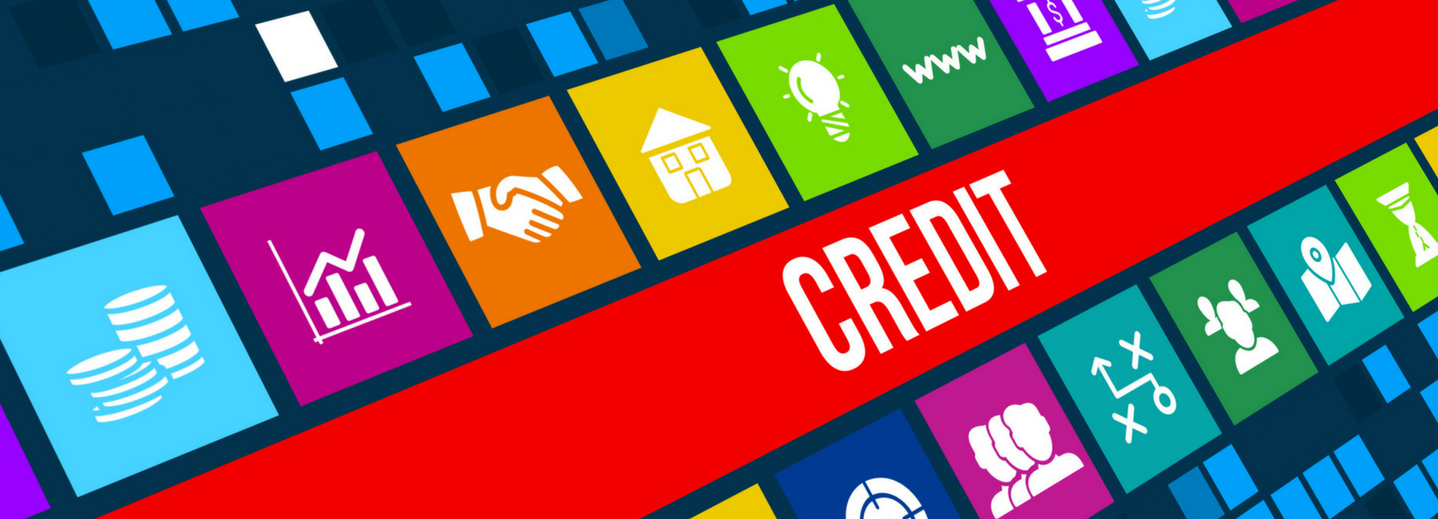Building Credit Like a Boss

Building credit can be a tricky process -- like applying for an entry-level job that demands 3-5 years of experience (ugh). Here are some tips on how to start the journey towards a strong credit profile.
Know your credit score
Credit scores range anywhere from 300 – 850, the higher the better. If your credit score seems unexpectedly low, this could be a sign of identity theft or it may reflect issues related to your credit history, such as not closing out an old account that charges annual fees. Even after you know your score, get in the habit of checking it a few times a year to keep all of your balances in check! Visit www.freecreditreport.com to receive one free report from each bureau once a year…if you spread it out, you can check your report every four months for free!
Open up an account
Open up a checking account and/or savings, as lenders will want to know that you’ve had at least a bit of experience when it comes to managing your own money. If you get established at a financial institution and keep your accounts well managed and maintained, you have a greater chance for that institution to offer you other services (such as credit cards and personal loans).
Have a cosigner
So long as it’s someone you trust who has good credit and doesn’t mind “taking a chance on you”, a cosigner guarantees a loan. For financial institutions, it takes away the risk of lending to someone with no credit, as your cosigner becomes accountable should any payment issues arise. You now have someone else dependent on you to make payments, and hopefully that increased responsibility will act as a reminder to do so every time and on time!
Get active!
You may find you’re being offered plans with limited credit, large monthly payments and high-interest rates; unfortunately, this may be inevitable in the beginning. Opening a credit card and actively making purchases and prompt payments will show that you know how to properly manage credit. If you’re using it often and paying the balance on time as to not collect interest, then the boost in activity will really help increase your score. Make sure you’re paying your other bills on time also because late or missed payments hurt your score – don’t ruin all your hard work!
Have a low balance
Keep your balance somewhere below 30% of your card’s limit. For instance, if your overall limit is $500, you’ll want to try and have the balance stand at no more than $150. This doesn’t mean you can’t spend more than $150, just so long as you plan and make payments each month because high outstanding balances suggest you rely on your credit cards as means for survival.
The buying bonus
Take advantage of the benefits! A lot of credit cards have the option to earn rewards, cash back, or points, and points are typically exchangeable for things like travel, gift cards, electronics, cash and more. And if you’re paying off your balance on time and not collecting any interest, then technically having a credit card will MAKE you money!
With good credit comes an abundance of rewards – low interest rates, credit limit increases, ease of access to loans, etc. But among all of the perks, the ultimate reward is watching both your credit score and pecuniary knowledge grow over time. Though the beginning may seem like a long and winding road, the journey to establishing credit is one that will take you very far. Your future self will thank you for traveling with caution and care! After all, you deserve the credit.
By Campus USA at 20 Sep 2017, 09:15 AM